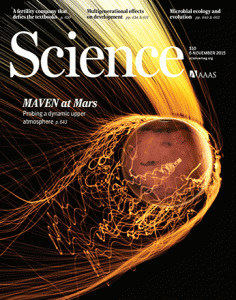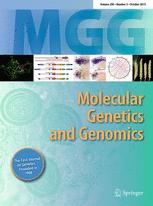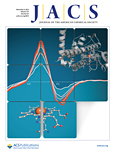 A PLOS One paper on morphine treatment for cancer cells has a couple issues with figures, prompting a massive correction — what we affectionately call a “mega-correction” — by the journal.
A PLOS One paper on morphine treatment for cancer cells has a couple issues with figures, prompting a massive correction — what we affectionately call a “mega-correction” — by the journal.
In one figure, there was “an undisclosed splice.” Another figure contained two panels that were “mistakenly from the same sample.”
The 2013 paper in question, “Chronic Morphine Treatment Attenuates Cell Growth of Human BT474 Breast Cancer Cells by Rearrangement of the ErbB Signalling Network,” has been cited four times, according to Thomson Scientific’s Web of Knowledge.
Here’s the correction:
Continue reading Cropped, spliced image leads to a PLOS One correction






 A
A  The authors of a paper on a mechanism for potential cancer therapies are retracting it after realizing they published some proprietary findings “without permission and agreement from St. Jude Children’s Research Hospital.”
The authors of a paper on a mechanism for potential cancer therapies are retracting it after realizing they published some proprietary findings “without permission and agreement from St. Jude Children’s Research Hospital.”